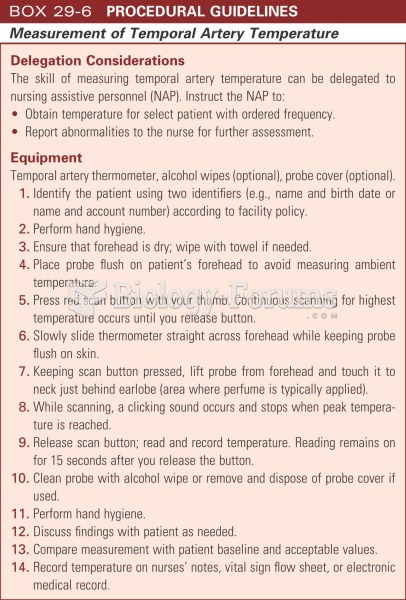This topic contains a solution. Click here to go to the answer
|
|
|
Did you know?
Not getting enough sleep can greatly weaken the immune system. Lack of sleep makes you more likely to catch a cold, or more difficult to fight off an infection.
Did you know?
Medication errors are more common among seriously ill patients than with those with minor conditions.
Did you know?
Throughout history, plants containing cardiac steroids have been used as heart drugs and as poisons (e.g., in arrows used in combat), emetics, and diuretics.
Did you know?
More than 4.4billion prescriptions were dispensed within the United States in 2016.
Did you know?
Since 1988, the CDC has reported a 99% reduction in bacterial meningitis caused by Haemophilus influenzae, due to the introduction of the vaccine against it.
 If raising a vehicle without a frame, place the flat pads under the pinch weld seam to spread the ...
If raising a vehicle without a frame, place the flat pads under the pinch weld seam to spread the ...
 Apply deep circular effleurage to the buttocks muscles as a warming technique. Place one hand on top ...
Apply deep circular effleurage to the buttocks muscles as a warming technique. Place one hand on top ...





